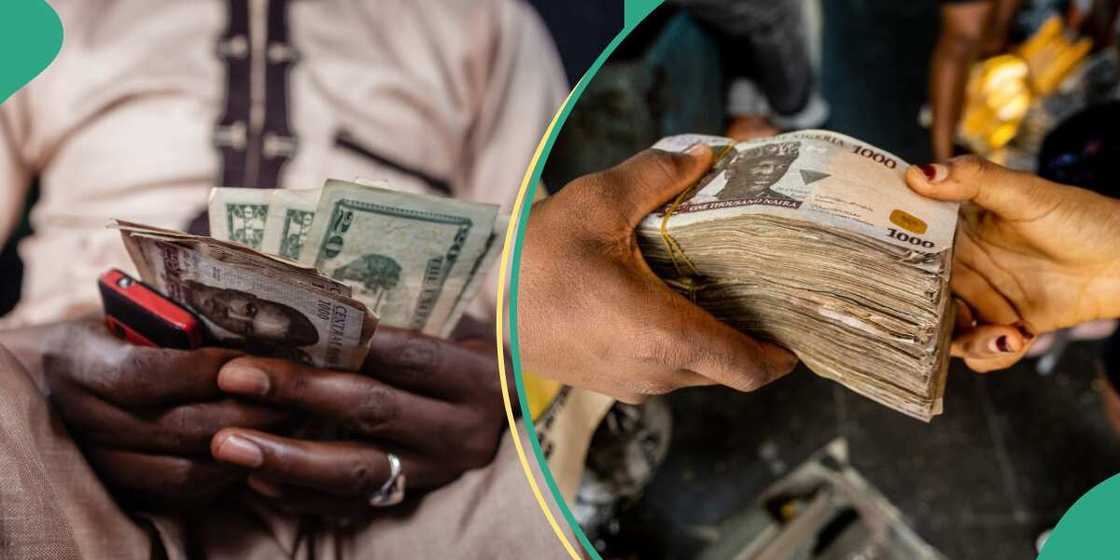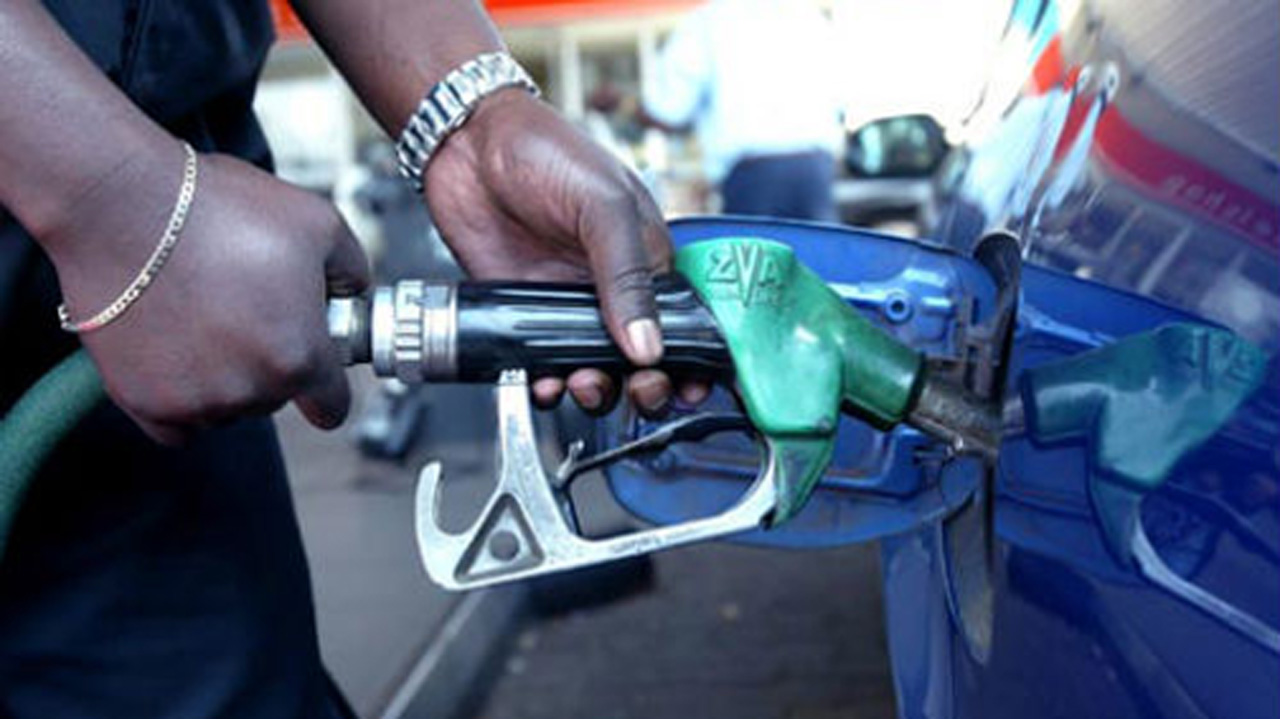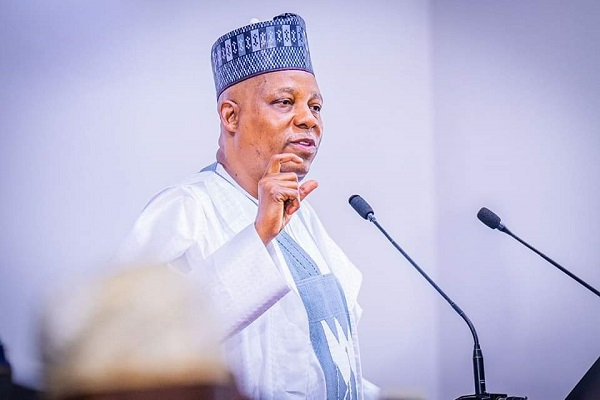- The Africa Export-Import Bank (Afreximbank) has said Nigeria may lose more investors due to FX volatility
- The bank said currency risks and economic uncertainties in Nigeria may lead to a pessimistic view of the economy
- The report comes as the naira plunged to a six-month low on September 17, 2024
Legit.ng’s Pascal Oparada has reported on tech, energy, stocks, investment and the economy for over a decade.
Afreximbank has said the consistent currency risks and economic uncertainties in Africa’s largest economy may lead to a cautious investment approach by investors.
The Nigerian currency, the naira, hit a six-month low of N1,656.49 per dollar in the official FX market on September 17, 2024, following end users' strong demand for the US dollar.

Source: Getty Images
CBN’s efforts fail to yield results
The Central Bank of Nigeria (CBN) 's efforts to strengthen the naira have yet to produce long-term results. Nigeria’s economy weakens due to a liquidity squeeze and a lack of export diversification.
Afreximbank said that currency risks and uncertainties around Nigeria’s economic recovery could keep long-term investors wary, showing bearish sentiments towards the naira.
The bank disclosed that the Nigerian currency depreciated to a new low against the dollar, with analysts blaming lean liquidity as the apex bank scaled back interventions and foreign investors freighted away profits via domestic bonds.
Afreximbank projects economic growth for Africa
According to the bank, Africa’s economy remains resilient, with a projected growth rate of 3.5% in 2o24 and 4.0% in 2025.
The import banks disclosed that despite the many challenges from food inflation and energy costs, weak global demands continue to weigh down on exports, declining agricultural productivity from climate change and extreme weather events, power generation challenges, and conflict in Some African countries.
Countries affected by food inflation
BusinessDay quotes Afreximbank as saying Sudan, Ethiopia, Uganda, northern Angola, and Cape Town have been affected. It also states that dry conditions have persisted in Liberia, Cote d'Ivoire, Ghana, Southeast Nigeria, and eastern Cameroon.
Per the report, severe winds have caused flooding and damage in Liberia, Mali, Niger, Chad and Nigeria.
The naira depreciates in the official market
The development comes as the Nigerian currency depreciated slightly against the US dollar in the official foreign exchange market. New data showed that the naira closed against the dollar at the Nigerian Autonomous Foreign Exchange Market (NAFEX) at N1,544.02/$1 on Thursday, September 19
The latest exchange rate is N4.37 or 0.3% depreciation compared with Wednesday’s closing rate of N1,539.65/$1.
It was, however, a different scenario for the naira against the British pound and the euro in the official market.
Data from the CBN showed that the Nigerian currency strengthened its value against the pound sterling in the official market by N71.98 on Thursday to sell at N2,108.64/£1 versus the preceding session’s N2,180.62/£1.
The naira falls to a new low in the official market
Legit.ng earlier reported that the Nigerian currency, the naira, lost more than N100 against the US dollar in the official market amid slowing inflation in the country, marking the second month inflation will ease.
Information from the Nigerian Autonomous Foreign Exchange Market (NAFEM) shows that the naira sold at N1,656 per dollar on Tuesday, September 17, 2024, higher than the N1,546 it traded on Monday, September 16, 2024.
FMDQ Exchange data shows that the currency dealers quoted the naira at a high of N1,665 and a low of N1,565 per dollar.
PAY ATTENTION: Сheck out news that is picked exactly for YOU ➡️ find the “Recommended for you” block on the home page and enjoy!
Source: Legit.ng












![Omotola Jalade in hospital bed, battles life threatening illness [VIDEO]](https://dailypost.ng/wp-content/uploads/2024/11/images-41.jpeg)



 English (US) ·
English (US) ·